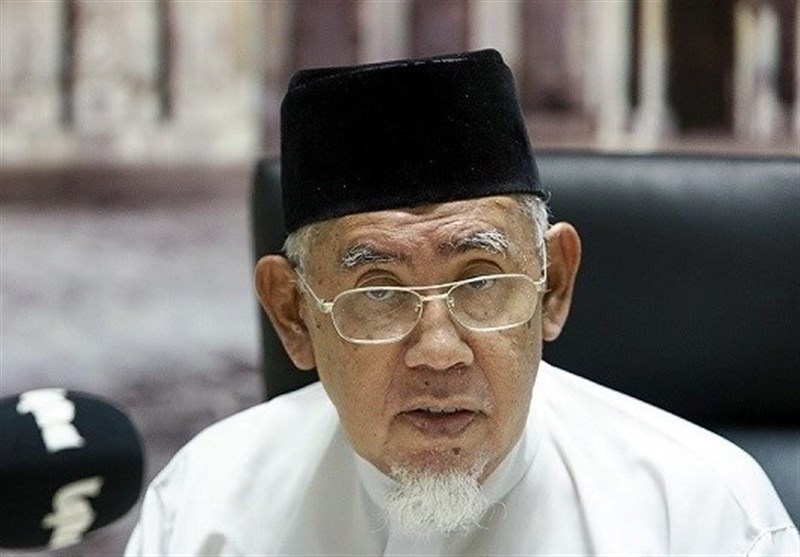This year’s Hajj will be a scene of solidarity with Palestine and a sacred protest against the occupation.
“Mohammad Azmi Abdul Hamid”, Chairman of the Malaysian Islamic Organizations Advisory Council (MAPIM), emphasized in an exclusive interview with the international correspondent of Tasnim News Agency: Hajj, especially this year, which is held with the theme of “Quranic behavior, convergence and support for oppressed Palestine”, can become a means of creating unity, resistance and spiritual and political reconstruction of the Islamic Ummah.
The full text of the interview is as follows:
Tasnim: In your opinion, what great potential does the Great Hajj Congress have for Islamic convergence in order to progress Islamic countries and increase friendships while reducing conflicts?
Hajj is the divine convergence of the global Muslim Ummah. This ceremony unites Muslims of every race, language and culture in an act of worship. Hajj has a great potential for creating Islamic unity, because it breaks down ethnic, national and religious boundaries.
Hajj is a unique platform for dialogue between heads of state, scholars, and pilgrims; in this space, solutions can be imagined to eliminate economic injustice, political division, and moral decline. This ceremony strengthens friendships through popular solidarity and reduces differences by reviving the spirit of brotherhood, mercy, and Islamic justice.
The Islamic world did not use the strategic potential ofthe Hajj / Hajj has been limited to individual rituals
Tasnim: In your opinion, have Islamic countries been able to fully exploit the great potential of the Hajj in recent years? If not, what has been the obstacle?
No, the Islamic world has not properly used the spiritual and strategic potential of Hajj. For years, Hajj has been limited to individual rituals, and its historical role as a spiritual congress of the Ummah has not been developed.
What has been neglected is a purposeful coordination between Islamic nations; We need concrete structures for dialogue between governments, civil society and scholars during the Hajj period.
The lack of joint planning, political consensus and intellectual exchange has deprived the Hajj of its historical place as a platform for reform and unity, and there is no connection between the spiritual experience of the Hajj and the social responsibilities that follow.
Tasnim: What practical solutions do you suggest to better utilize the great Hajj Congress to improve relations between Islamic countries?
First, we should hold a Hajj Dialogue; a meeting of scholars, youth, civil society activists and leaders to discuss the challenges of the Ummah.
Second, we should develop “pilgrim diplomacy”; through structured cultural exchanges and solidarity circles between pilgrims from different faiths and regions.
Third, we should use the Hajj to issue joint statements on unity, justice and peace.
Finally, we must design “Hajj legacy programs” so that pilgrims, upon their return, become ambassadors of peace and unity.
The people of Gaza expect the pilgrims to be courageous voices against their oppression

